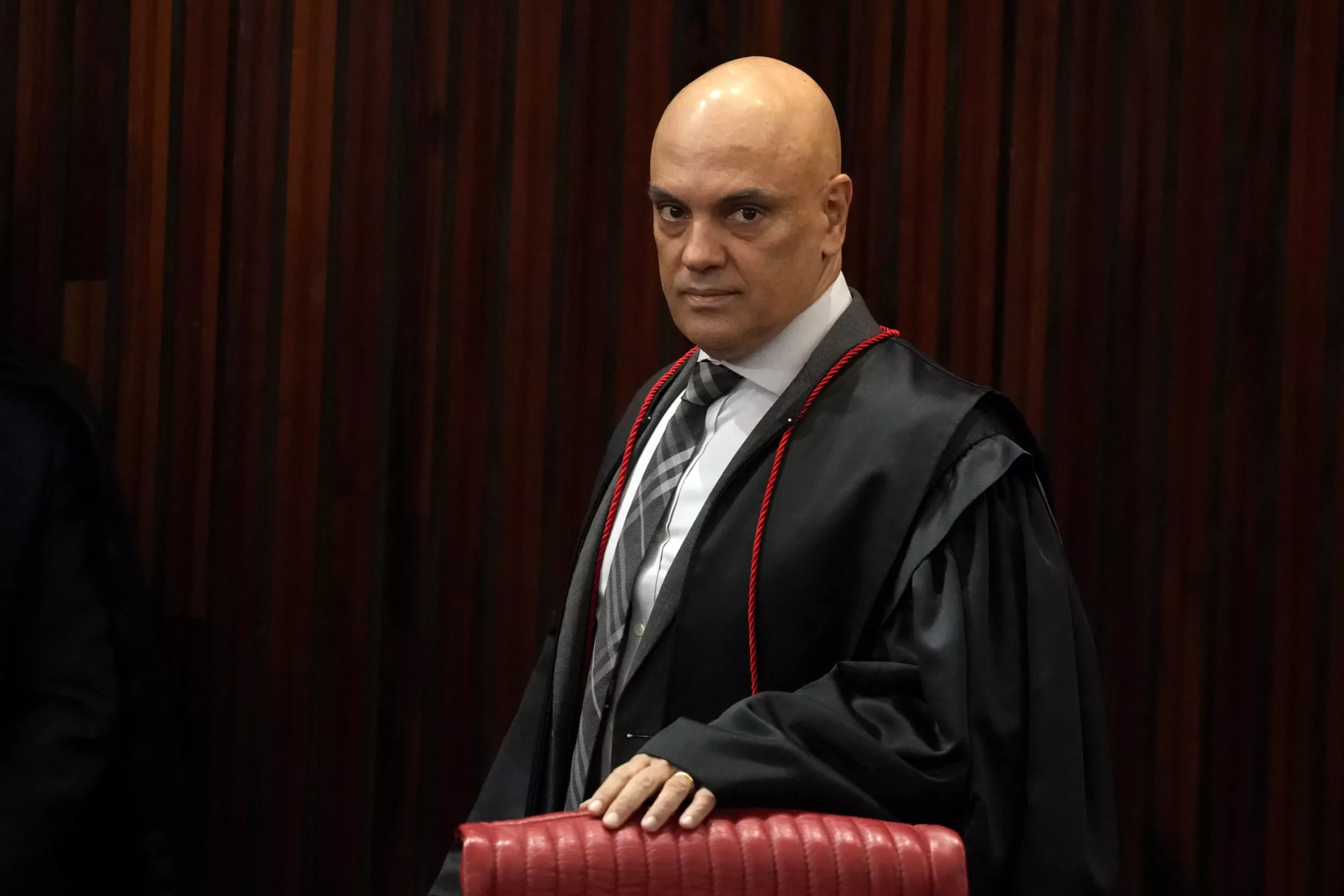The recent blocking of social media platform X in Brazil has sparked a heated debate among users and politicians regarding the legitimacy of the ban. Brazilians found themselves in a state of confusion and uncertainty as they struggled to navigate other social media platforms following the shutdown of Elon Musk’s platform on Saturday. The billionaire’s refusal to name a legal representative to the country led to the platform becoming largely inaccessible, both on the web and through mobile apps, after missing a deadline set by Supreme Court Justice Alexandre de Moraes.
Following the ban on X, many Brazilians turned to alternative social media platforms for their online interactions. Bluesky, a social media platform launched as an alternative to X and other established sites, experienced a surge in new users from Brazil. The influx of Brazilian users on Bluesky resulted in record-breaking activities such as follows and likes, showcasing the community’s engagement on the platform.
While X may not be as popular as other social media giants like Facebook, Instagram, YouTube, or TikTok in Brazil, it remains a significant platform for political discourse, humor, and cultural exchange. Brazilian users often engage in political debates, share memes, and connect with opinion makers on X. The platform has played a vital role in shaping the country’s digital culture and has been instrumental in the creation and dissemination of popular memes and viral content.
Justice Alexandre de Moraes’ decision to suspend X until it complies with his orders and impose fines on VPN users accessing the platform raised concerns among legal experts and users alike. Some critics viewed the move as authoritarian and questioned the grounds for such actions. The Brazilian Bar Association emphasized the importance of due process and the right to a fair defense before imposing sanctions on citizens using VPNs to access X.
The ban on X in Brazil elicited mixed reactions from political figures and international observers. While supporters of Justice Alexandre de Moraes defended the decision as upholding the rule of law, critics, such as former President Jair Bolsonaro’s allies, viewed it as a threat to freedom of expression. The involvement of prominent figures like Elon Musk in the controversy highlighted the intersection of technology, politics, and legal frameworks in the digital age.
The ban on X not only impacted the online landscape in Brazil but also raised concerns about freedom of expression, legal security, and the influence of international corporations in the country. Critics argued that the ban could deter foreign investments and erode trust in Brazil’s regulatory environment. The debate surrounding the ban underscored the complex interplay between social media, democracy, and individual rights in the digital era.
The ban on social media platform X in Brazil has sparked a multifaceted debate about the boundaries of free speech, legal responsibilities, and political influence in the digital age. As Brazilians navigate the shifting online landscape and explore alternative platforms for social interaction, the implications of these developments on democracy, culture, and governance continue to unfold. The controversy surrounding X serves as a reminder of the power dynamics at play in the realm of social media and the importance of upholding fundamental rights in the digital public sphere.

